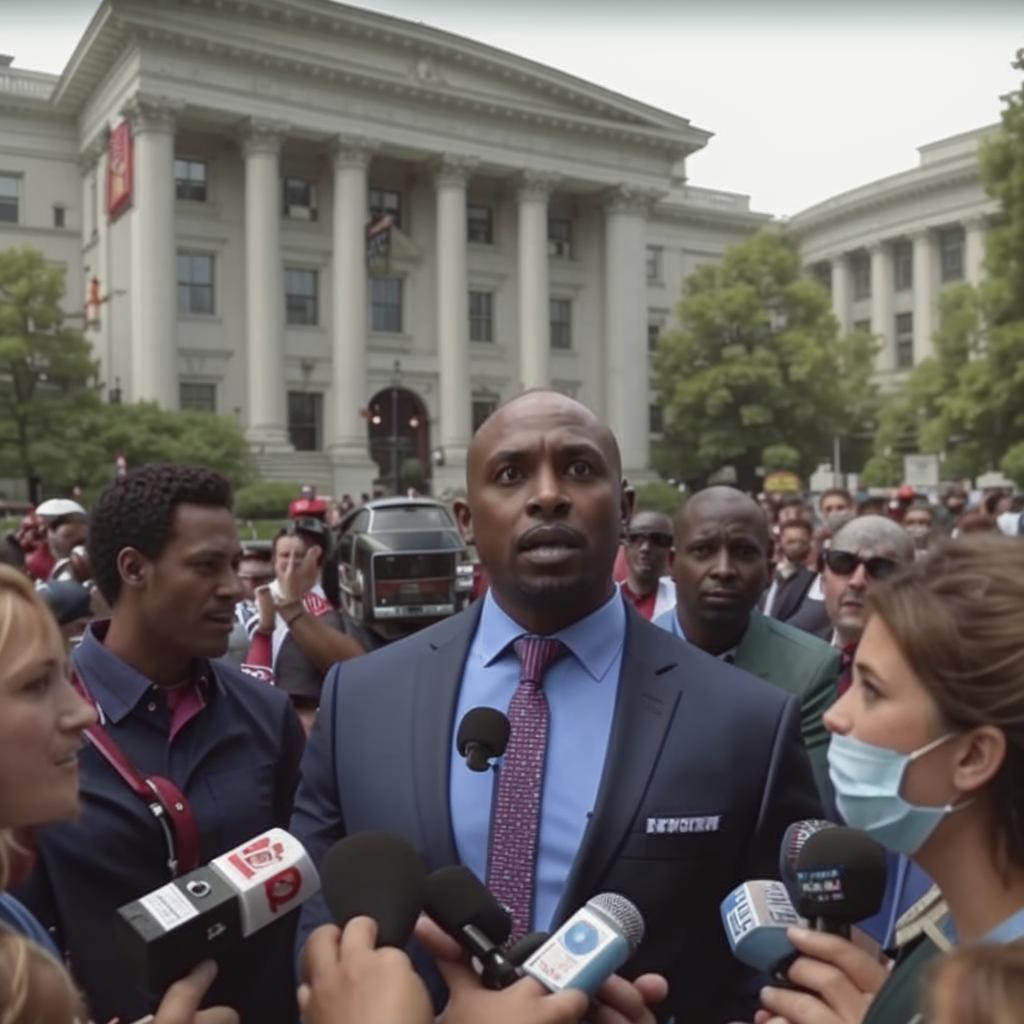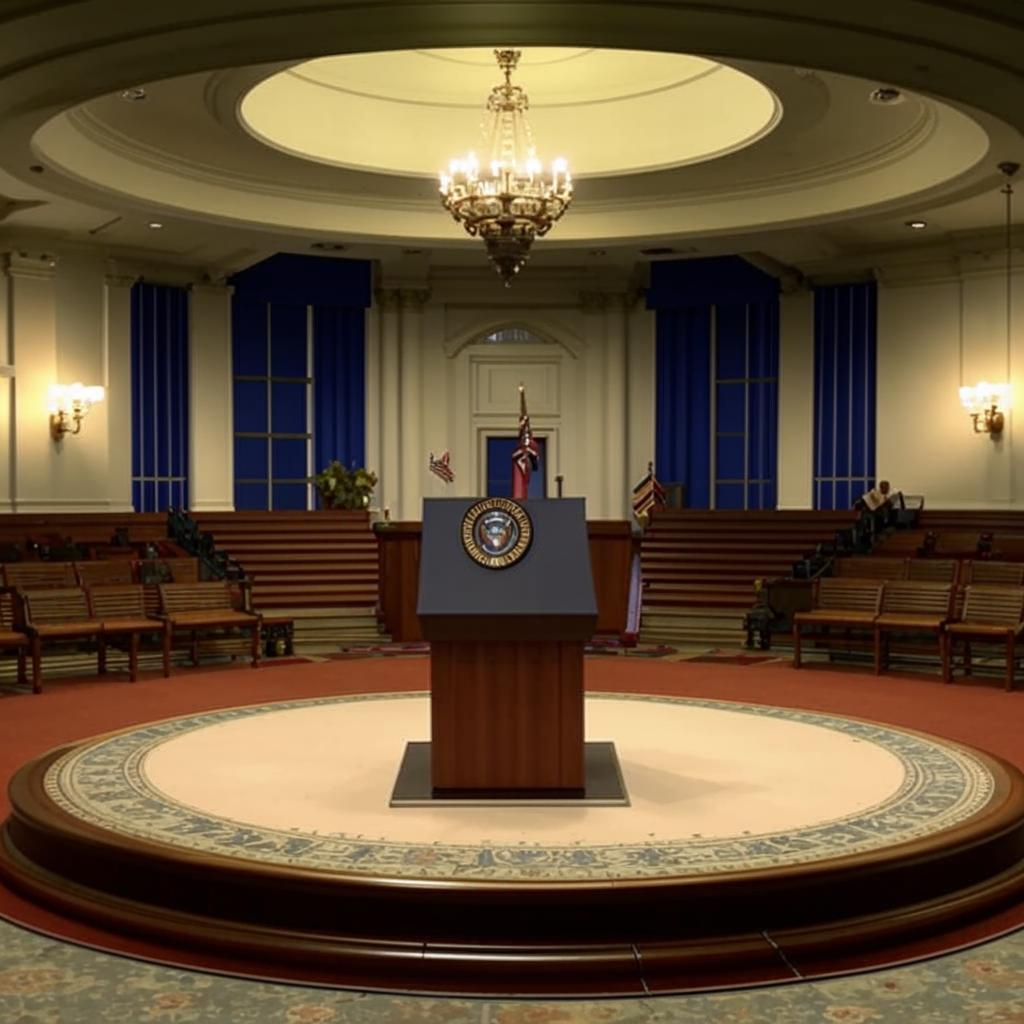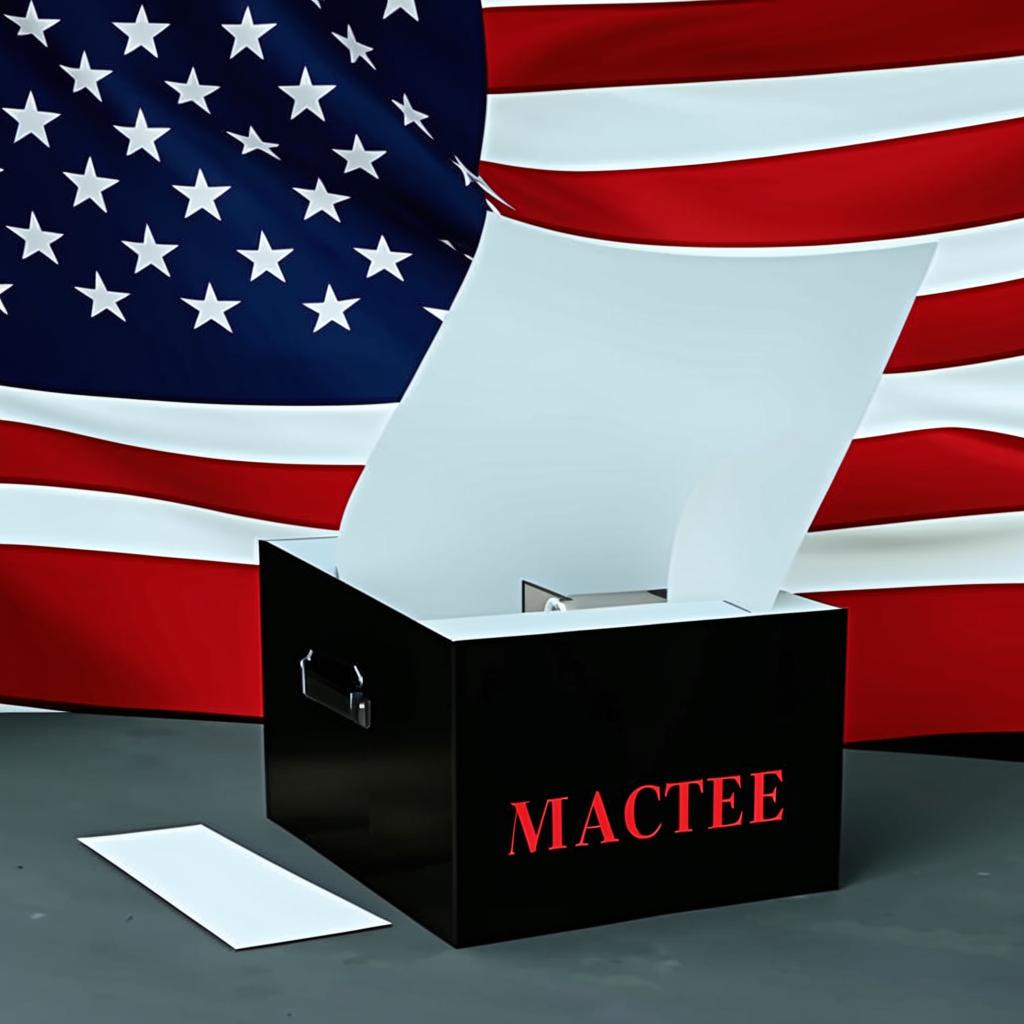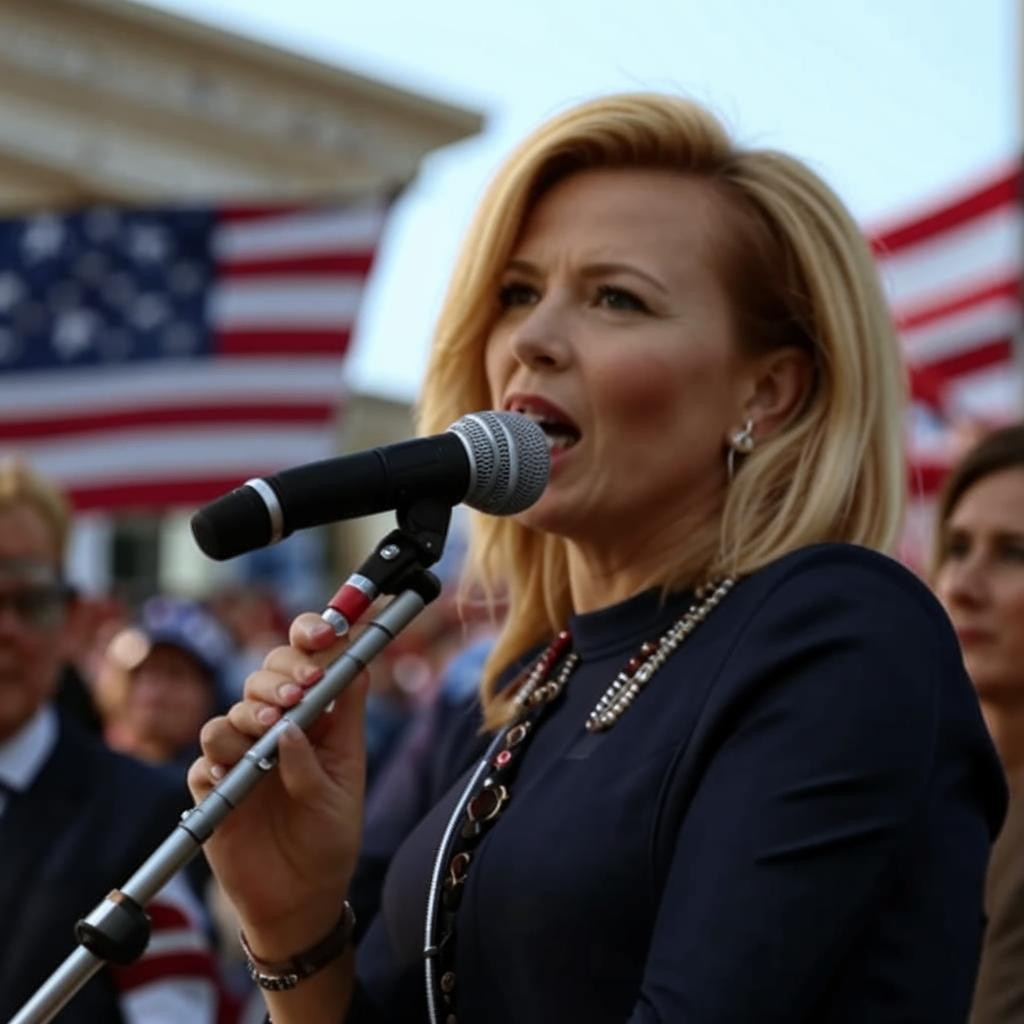Federal actions regarding election oversight are raising alarms about the integrity of upcoming elections. Recent decisions, including limitations placed on federal agencies involved in election security, have triggered widespread concern among experts. These changes could undermine efforts to protect voting systems from cyberattacks and foreign interference.
The core of the debate is the appropriate role of the federal government in securing elections. Some argue that centralized control could lead to manipulation, while others maintain that consistent federal standards and resources are vital to defend against evolving threats. Supporters of current policies emphasize the importance of state autonomy in election administration. Critics argue that this approach leaves individual states vulnerable to sophisticated attacks that necessitate federal expertise and coordination.
Specifically, limitations on information sharing between federal agencies and state election officials, as well as restrictions on federal monitoring of voter rolls, have fueled apprehension. Experts fear that these actions could create blind spots, making it harder to detect and respond to threats in real-time. The debate underscores a fundamental tension between federal oversight and state sovereignty, with potentially significant implications for the fairness and reliability of elections. Without proper safeguards, the risk of disenfranchisement and compromised results increases substantially, threatening the very foundation of democratic processes.
Finishtit












